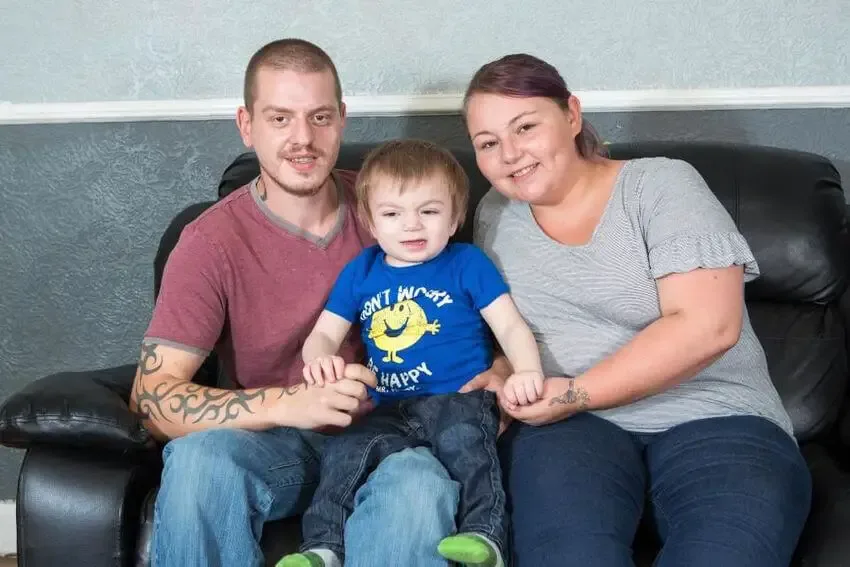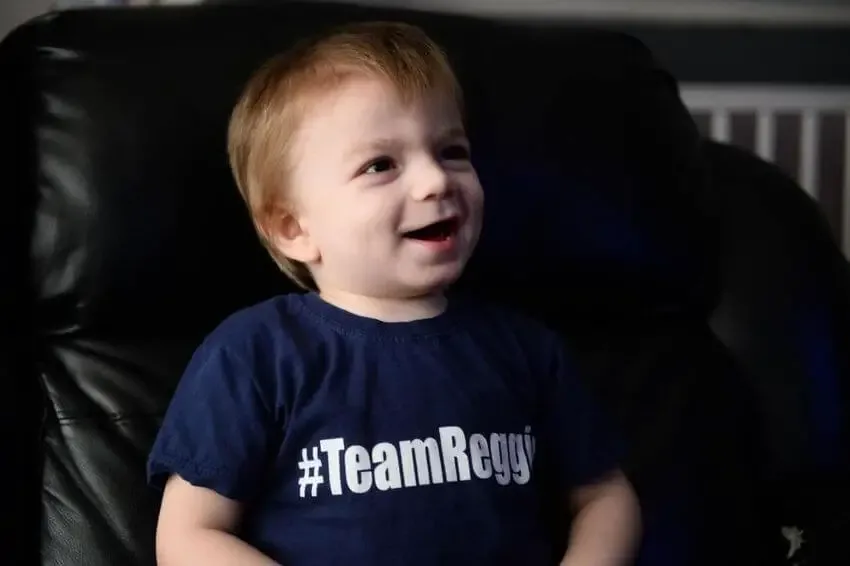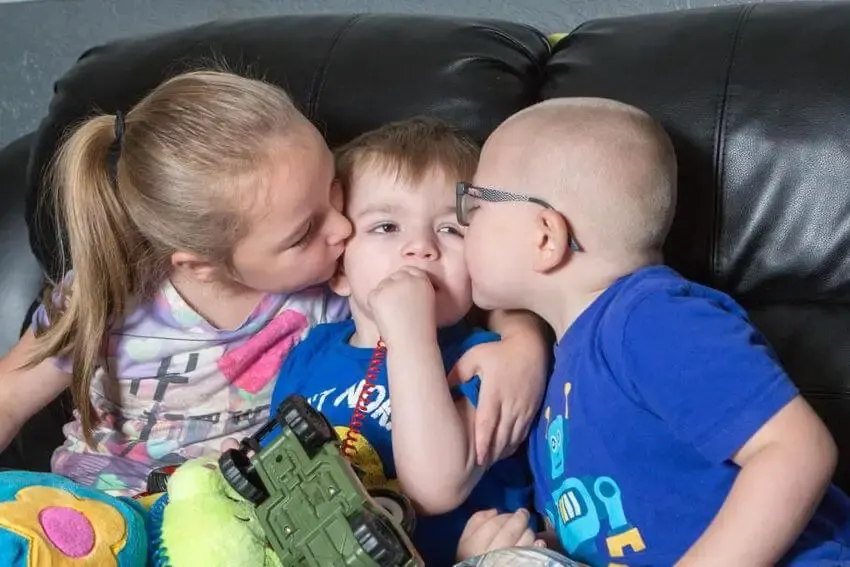Watching your loved one develop dementia is a heart-wrenching experience.
As an essentially incurable disease, you can only stand by helplessly as your loved one, who used to be independent and full of life, slowly wither away into a confused shadow of themselves and look at you as a stranger.
Alternatively, they find themselves time displaced, and live in a time that doesn’t correspond to reality, usually at some point when they were younger.
It is already a nightmare to see this happen to your parents, who raised you, or to your partner, who loved you, or to a friend, who cared for you, but what could possibly be the worst version of this nightmare is when it is your child that develops dementia.
Dementia is often thought of as a disease that affects the elderly, degrading cognitive tasks such as retrieving memories or thinking.
This stereotype has basis in reality, as its most common victims are those over the age of sixty-five.

That’s not to say that younger people can’t develop this illness either.
Early onset of dementia can occur as early as the age of thirty, although thankfully if caught early, it is treatable.
But the idea of dementia in children is unthinkable.
Memory loss, at an age where a child is still developing their brains and learning what it means to be alive in this world?
It should be inconceivable, but alas, it exists.
Unknown to many, childhood dementia – also known as Sanfilippo syndrome – affects one in every 70,000 children.
The youngest child out of three, Reggie Griffith should have been an ordinary two-year-old toddler running around, playing with his siblings, and learning alongside his peers.
But this was not the case.
When his twenty-five-year-old mother, Rebecca, noticed that he wasn’t achieving his cognitive milestones like he should have been and instead developed a habit of rocking back and forth, she got worried and brought him to a local hospital for closer examination.

Reggie’s pediatrician initially thought that the toddler may be just autistic.
Further testing, however, proved that this was not the case.
Much to his family’s shock and dismay, Reggie was officially diagnosed with childhood dementia, the youngest person to ever be given such a diagnosis in the UK.
Sanfilippo syndrome is a rare disease that affects the body’s ability to produce a special enzyme meant to break down certain sugars in a child’s brain.
When affected by the disease, the newborn initially does not show any signs of its symptoms.
It is only during the child’s early developmental stages does the disease manifest itself in the form of developmental disabilities and the unlearning of skills.
According to doctors, victims usually do not live past early adulthood.

Reggie’s case, however, was so severe that it is likely his lifespan may be shorter than the average Sanfilippo’s patient.
Believed to already be in the second stage of the disease, where he displays non-verbal, hyperactive behaviour, Reggie may soon develop the third stage of the disease, which is usually fatal.
Our thoughts and prayers are with Reggie and his family, who all have hope in his future
